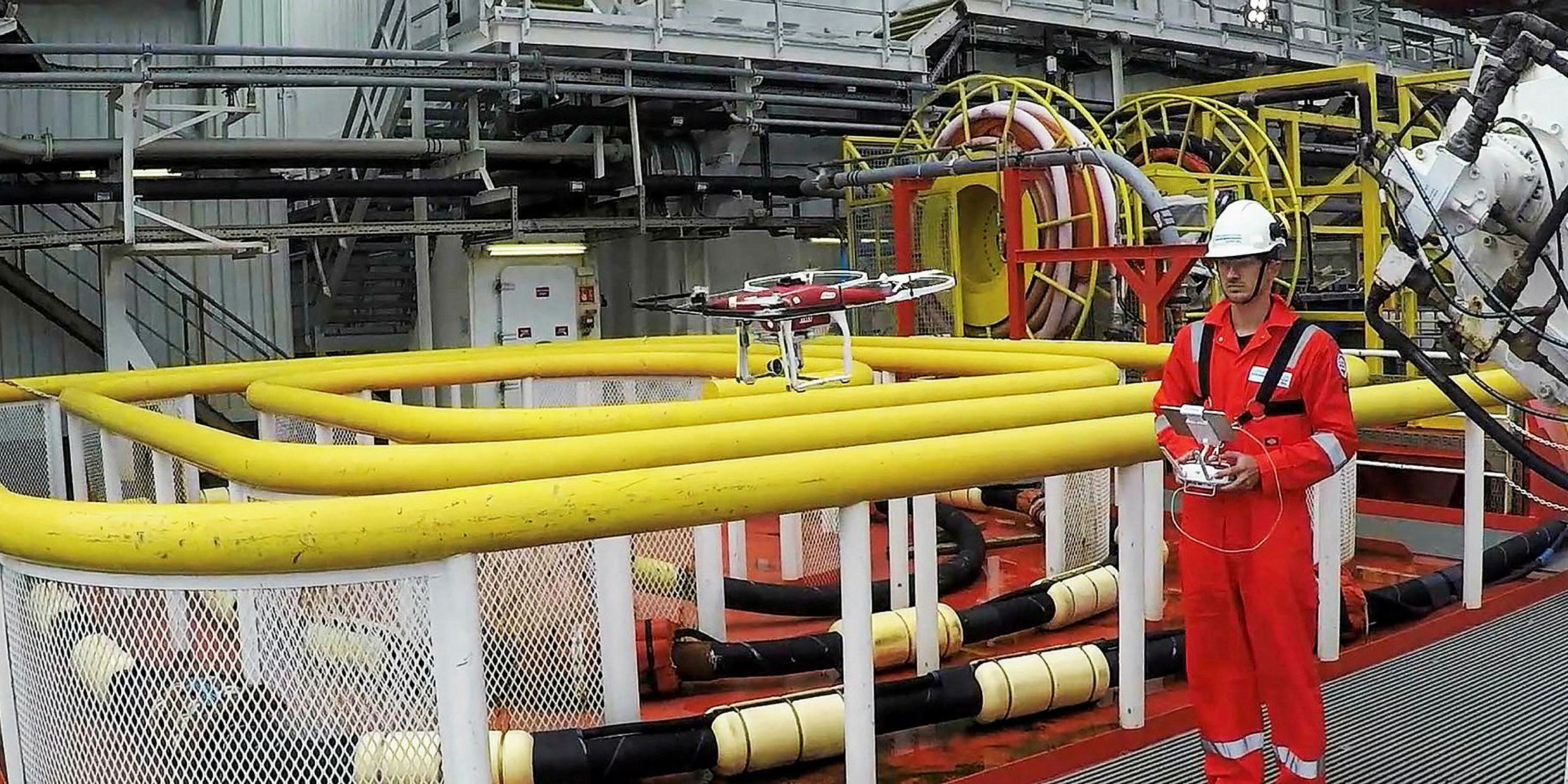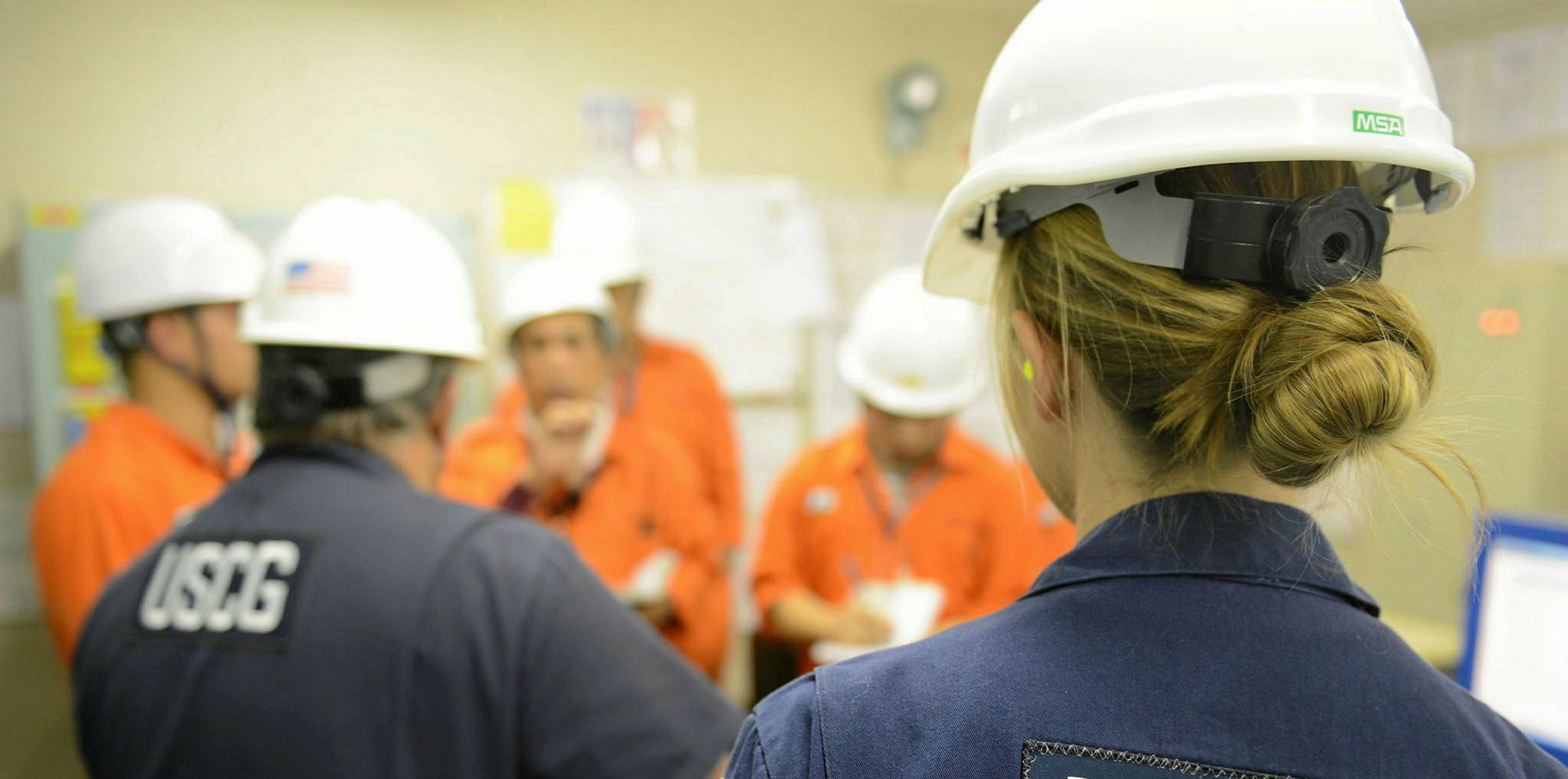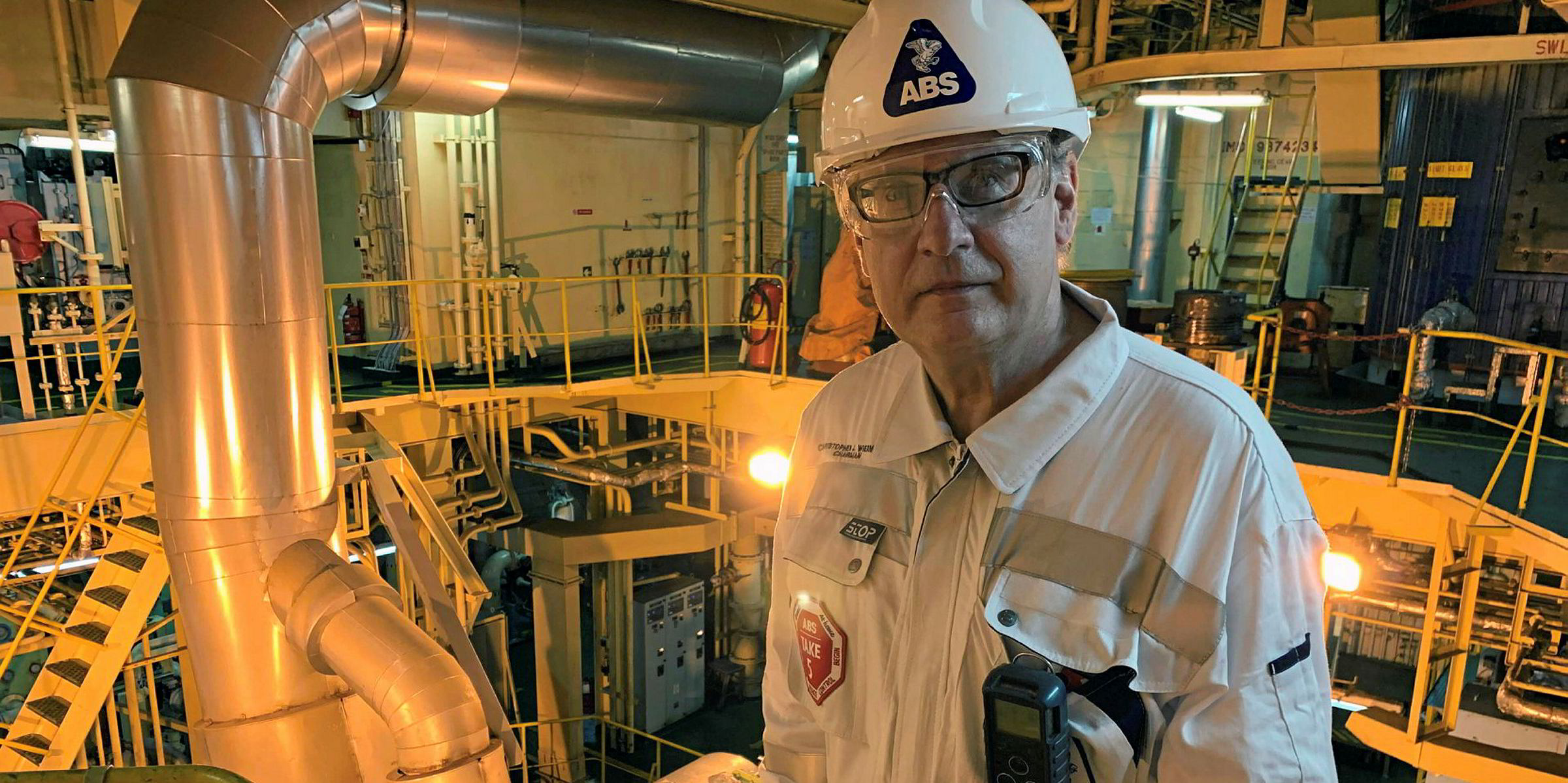Sale-and-purchase activity has stalled amid the coronavirus pandemic, but some optimists are finding innovative new ways to complete transactions.
Market participants believe willing buyers and sellers can still be matched if they can be flexible in delivery terms, physical inspections and crew changes — but not to the point of sacrificing safety and health standards.
“We have seen plenty of cases lately with ships getting offers despite numerous question marks on delivery, closing procedures, finance availability, etc,” Intermodal Shipbrokers S&P specialist Konstantinos Kontomichis told TradeWinds.
Kontomichis added that enquiries are picking up from Chinese buyers in particular, as the number of new Covid-19 patients has trended downwards in the country for some weeks.
Vigour is much needed in the secondhand markets, with Clarksons data showing just 61 ships totalling 5.15m dwt changed hands in March — the second lowest number of monthly transactions since the 2008 financial crisis.
Falling prices for bulkers and boxships
But market sources said the red-hot tanker sector is seeing new sales candidates emerging, while well-financed players could pick up cheap assets from struggling bulker and boxship owners.
Data from VesselsValue shows the value of a five-year-old panamax bulker has dropped by 13.2% this year, a capesize by 8.2% and a handysize by 7.2%. A same-age panamax boxship has fallen by 17.8%, a handysize by 9.7% and an ultra-large containership by 6.1%.
“It's not all bad news,” Bloomberg Intelligence senior freight transport analyst Lee Klaskow said. “The impact of the coronavirus ... could spur an increase in vessel sales.
“Well-capitalised operators or investors are poised to take advantage of lower prices.”
But there are many obstacles that need to be overcome before any deal can be closed in the current climate.
“S&P is happening, but the physical shifting of crews has become a concern, as well as all inspections,” a Middle Eastern owner said.
Keystone Law partner and ship-finance specialist Anastasia Papadopoulou said investors remain hesitant to take on shipping assets with the general decline in shipping stock prices, barring star performers in the tanker sector.
New ways of business
In normal times, interested buyers will have their own inspections of the target vessels, while requiring surveys from classification societies, vetting agencies and port state control.
Now, the buyers need to either appoint an independent surveyor who can travel to the ship — often at extra cost — or waive their rights for physical inspections, according to market sources.
Other involved agencies can extend the validity of existing certificates or carry out remote checks.
Yet there could be more innovative ways. A recent auction in Qingdao, China, was carried out without the physical presence of bidders, with a court-appointed surveyor inspecting the ship via webcast to interested buyers who submitted online offers.
“All the challenges that we are facing at the moment could force the technological revolution of the industry by way of eliminating the need for physical presence in certain processes, such as closing meetings, inspections and joint surveys,” Papadopoulou said.
With changing crews not possible in many parts of the world, buyers may have to delay the timings of physical deliveries before more travel restrictions are lifted, according to Kontomichis.
Papadopoulou suggested another way is to allow the existing crew to remain on board for the first post-delivery voyage, pending approval from the flag state.
“Generally, parties try to work around these issues in a commercial manner as opposed to being contentious,” Papadopoulou said.
But those solutions have their limitations as many prominent institutions — including the International Chamber of Shipping — are warning not to let seafarers overly extend their working shifts.
“Let's not forget that the vessel crews are at the front lines of this pandemic keeping supply lines open,” Kontomichis said.
“Hence, we should protect them by taking the right measures and not push them to compromise their own health at the benefit of a vessel's speedier delivery.”







